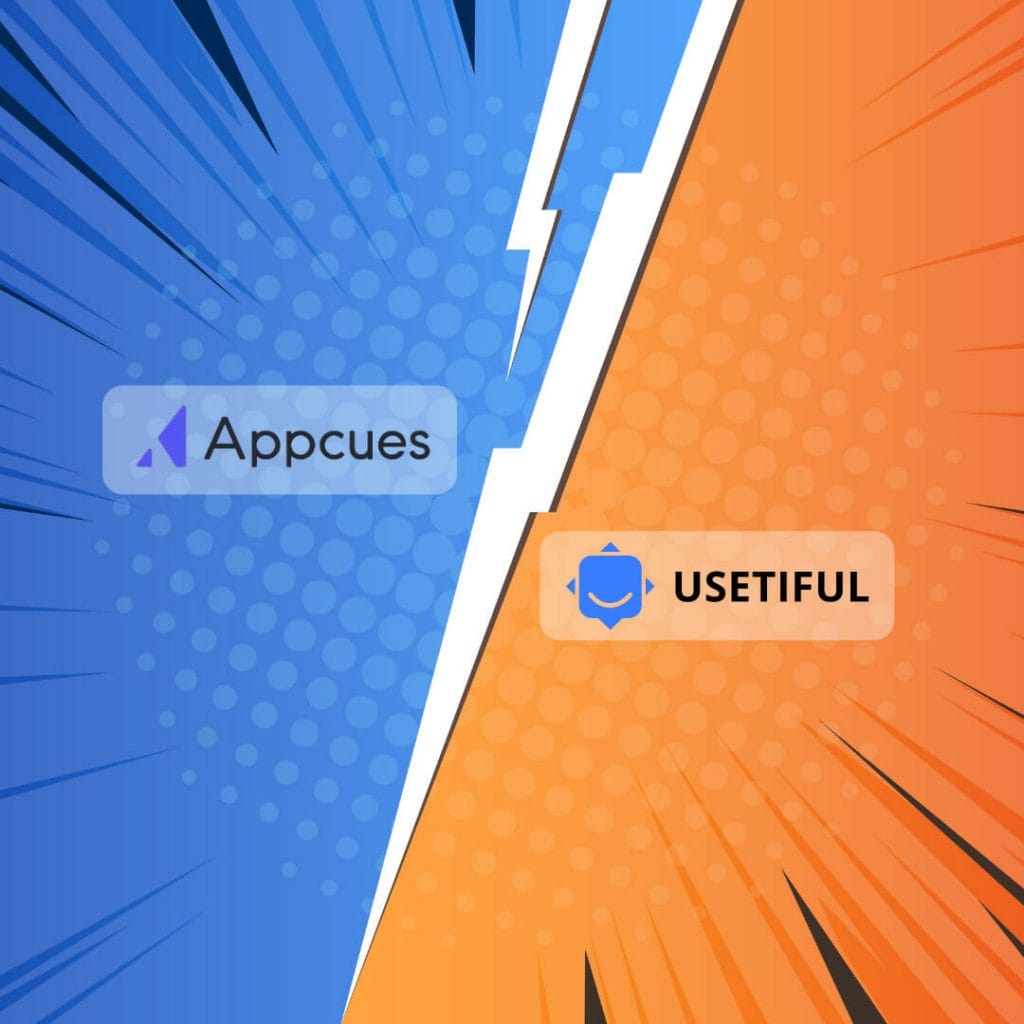In the world of email marketing, two major players stand out: Mailchimp and Constant Contact. Both platforms have proven to be robust and reliable options for businesses aiming to optimize their email marketing campaigns. Choosing the right email marketing software can seem daunting, but understanding the features and capabilities of each platform can help you make an informed decision.
Mailchimp is known for its cost-conscious options, advanced reporting features, and extensive automation and A/B testing capabilities. It provides a comprehensive solution for skilled email marketers looking to fine-tune their campaigns and measure success. On the other hand, Constant Contact is favored for its high deliverability rates, ease of use, and exceptional customer service, making it an excellent choice for individuals who prioritize a user-friendly and well-supported experience.
By comparing these two industry-leading platforms, our goal is to provide you with the insights and information necessary to determine the email marketing software that best suits your business needs. In the following sections, we will delve deeper into the differences and strengths of Mailchimp and Constant Contact, exploring key factors such as pricing, templates, integration options, and more.
About Mailchimp

Mailchimp is a popular email marketing platform with an extensive range of tools and features to help businesses grow their online presence and engage with their audience. With its easy-to-use interface and robust automation features, Mailchimp has become a favorite among small and medium-sized businesses looking for an effective email marketing solution.
One of the key aspects of Mailchimp’s success is the platform’s ability to create visually appealing and highly customizable email templates. These templates, combined with their drag-and-drop editor, make it simple for users to design engaging email campaigns that align with their brand identity. Furthermore, Mailchimp offers a wide variety of marketing tools, including A/B testing, segmentation, and CRM features, making it a comprehensive marketing automation platform.
In addition to its email marketing capabilities, Mailchimp also offers a website builder and an online store creation tool. This allows users to create and manage their entire digital presence from a single platform, streamlining the process and ensuring cohesive branding across the board.
With its extensive automation features, Mailchimp stands out as a strong competitor to other platforms such as ActiveCampaign and Constant Contact. This includes email automation capabilities for sending automated email series and transactional emails, enabling businesses to nurture leads and customers with timely, targeted content.
The popularity of Mailchimp can be attributed in part to its free plan, which allows users to send up to 12,000 emails per month to a maximum of 2,000 subscribers. Although limited in functionality compared to premium plans, this option provides an excellent opportunity for small businesses and entrepreneurs to explore the benefits of email marketing without incurring added costs.
Mailchimp also offers a mobile app that allows users to monitor their email campaigns and access essential platform features on the go. This makes it easier for businesses to keep tabs on their marketing efforts and make adjustments as necessary to optimize their approach.
As with any marketing platform, deliverability is a critical factor to consider, and Mailchimp consistently ranks well in this regard. With robust contact management features, the platform ensures that emails reach the intended recipients, maximizing the impact of every campaign.
In summary, Mailchimp is a confident and knowledgeable email marketing platform that offers a clear, neutral, and comprehensive solution for businesses seeking to grow their online presence. With a wide range of customization options, a user-friendly interface, and powerful automation features, it stands as a strong contender in the email marketing and marketing automation space.
About Constant Contact

Constant Contact is a popular email marketing platform designed to cater to the needs of small businesses. It offers a range of features that help businesses create, send, and track effective email marketing campaigns.
The platform provides a user-friendly interface with a robust drag-and-drop builder, which allows users to design visually appealing emails without having any technical skills. With a variety of professionally designed templates, users can easily tailor emails to align with their brand identity. Constant Contact also includes tools for creating landing pages and websites, making it a comprehensive solution for digital marketing.
In terms of pricing, Constant Contact offers two main plans: the Email plan, which starts at $20 per month and the Email Plus plan, beginning at $45 per month. Both plans provide unlimited email sending, access to customizable templates, and list management features. The Email Plus plan also includes advanced features like automation, subject line testing, and SMS marketing capabilities.
Automation is an essential aspect of Constant Contact’s service offerings. The platform enables users to set up automated email sequences, such as welcome emails and personalized customer journey builders, based on specific triggers and customer behaviors. This feature ensures that subscribers receive relevant content, which ultimately boosts email open rates and ROI.
Speaking of performance, Constant Contact offers a comprehensive reporting suite that provides valuable insights into email campaign metrics, such as delivery rates, opens, clicks, bounces, and more. This data enables businesses to analyze their campaigns’ success and optimize their strategies for better results.
Customer support is an essential part of any SaaS product. Constant Contact boasts email support, a help center, and live chat for its users to address any concerns or queries easily. Furthermore, the platform offers numerous integrations with other popular software solutions like Salesforce, Shopify, and Zapier, making it convenient for businesses to connect their existing tools and streamline their marketing efforts.
List management is another critical aspect of email marketing, and Constant Contact simplifies this process by offering features like contact segmentation, tagging, and custom triggers. This functionality enables businesses to create targeted campaigns tailored to specific segments of their subscribers. Additionally, the platform allows users to split test various elements of their email campaigns to identify the best-performing strategies.
In conclusion, Constant Contact is a comprehensive email marketing platform designed with small businesses in mind. It offers a user-friendly interface, customizable templates, automation, reporting and analytics, customer support, and seamless integration with other tools. This platform is a strong contender in the email marketing space, and its features make it a viable solution for businesses seeking to engage customers and boost their ROI.
Round 1: Best UX

When it comes to the user experience, both Mailchimp and Constant Contact strive to offer simplicity and effectiveness. In this first round, we’ll take a look at each platform’s user interface, ease of use, and drag-and-drop editor capabilities.
Mailchimp’s user interface is known for being clean, modern, and user-friendly. The platform is easy to navigate, which allows users to quickly find the essential tools and features they need. The drag-and-drop editor in Mailchimp is among its standout features. It enables users to create professional-looking emails without needing any prior design experience. The customizable templates make it easy to design attractive email campaigns, while the real-time preview feature allows for immediate feedback.
Constant Contact, on the other hand, is especially popular among email marketing beginners thanks to its simplicity. Their platform emphasizes an easy-to-use interface and offers a more guided experience for users. While their drag-and-drop editor is not as robust as Mailchimp’s, it still allows users to create visually appealing emails without much difficulty. The template options are more streamlined, making it easier for new users to get started quickly.
In terms of accessibility, both platforms offer mobile-friendly templates which are crucial in today’s smartphone-driven world. However, Mailchimp edges out slightly in terms of advanced features, such as A/B testing and advanced reporting.
In this round, it’s clear that both Mailchimp and Constant Contact offer strong UX options for customers. Mailchimp’s drag-and-drop editor and range of templates make it a favorite for skilled email marketers, while Constant Contact’s straightforward approach is ideal for newcomers in the field.
Round 2: Features Comparison

When comparing the features of Mailchimp and Constant Contact, there are a few categories that stand out, such as email editors, automation, and segmentation. Let’s dive deeper into the comparison.
Both Mailchimp and Constant Contact offer an extensive variety of email templates and an easy-to-use, drag-and-drop email editor that helps users create professional email campaigns. Regarding design customization and possibilities, you’ll find flexibility with both tools in making your email campaigns visually appealing.
In terms of email automation, Mailchimp seems to have an edge because it offers a more comprehensive suite of automation features than Constant Contact. Besides the standard triggers and email series found in both platforms, Mailchimp users benefit from advanced options like custom triggers, allowing more personalized and sophisticated automations. Additionally, Mailchimp presents a feature called send time optimization, which analyzes the behavior of your subscribers and determines the best time to send an email for maximum engagement.
Segmentation is a crucial factor when considering email marketing tools, and both platforms allow users to divide their contacts into lists and segments according to varied criteria. Yet, Mailchimp appears to offer more granular lists and segments capabilities, enabling you to create more targeted campaigns.
For those with an online store, Mailchimp goes beyond email by offering an integrated e-commerce platform that enables users to manage their shops, track sales, and apply promo codes. Constant Contact, on the other hand, focuses primarily on email marketing.
Are you looking to expand your campaigns with SMS marketing? Mailchimp has this feature built-in, while Constant Contact doesn’t currently offer this option.
Finally, regarding A/B testing and contact management, both tools perform comparably. They offer features like subject line testing and customizable contact fields to help users track and manage their subscribers more effectively.
In summary, Mailchimp and Constant Contact both offer robust features for email marketing, design, and customization. When it comes to automation, segmentation, and e-commerce integration, Mailchimp seems to have a slight advantage. However, your choice should depend on the specific needs of your campaigns and which tool addresses them best.
Round 3: Price

When it comes to price, both Mailchimp and Constant Contact offer a range of plans to cater to different business needs. Let’s break down their pricing structures to see which one offers better value for your investment.
Mailchimp Pricing
Mailchimp offers a free plan that includes basic features, making it a good option for small businesses or those just getting started with email marketing. Here’s an overview of their plans:
- Free Plan: Includes 2,000 contacts, 10,000 emails per month, and basic features like one-click automation and basic templates. Learn more
- Essentials Plan: Starting at $9.99/month, this plan offers 50,000 contacts, 500,000 emails per month, additional templates, and A/B testing capabilities. Learn more
- Standard Plan: Starting at $14.99/month, this plan provides 100,000 contacts, 1.2 million emails per month, advanced automation, multi-step automation, retargeting ads, and more. Learn more
Constant Contact Pricing
Constant Contact has two different email marketing plans, both based on the number of subscribers. Here’s an overview:
- Email Plan: Starting at $20/month for up to 500 subscribers, this plan offers unlimited email sends, customizable templates, list building tools, and more. Learn more
- Email Plus Plan: Starting at $45/month for up to 500 subscribers, this plan includes advanced features like automation, custom features, and additional support options. Learn more
In terms of pricing, both services offer options for different budgets and needs. Mailchimp’s free plan is a significant advantage for those looking for a low-cost solution. At the same time, Constant Contact’s tiered pricing structure allows for more choice depending on your specific requirements. It is essential to evaluate the features offered by each plan and decide which option best suits your business’s needs. Happy SaaS battling!
Battle Decision: Constant Contact Winner

Constant Contact emerges as the winner in this closely contested SaaS battle between two leading email marketing platforms. When comparing pricing, features, and customer support, Constant Contact edges out Mailchimp in certain areas, making it an ideal choice for businesses looking for an email marketing tool.
The pricing structure of Constant Contact is designed to be more affordable for small and medium-sized businesses. While Mailchimp does offer a free plan with limited features, Constant Contact offers valuable automated email marketing features in their starting plans, such as automated welcome emails, priced at $9 per month.
In terms of features, Constant Contact focuses primarily on email marketing, offering extras like event management and social posting tools, whereas Mailchimp positions itself as an all-in-one marketing solution. However, Constant Contact’s email marketing functionality comprises a robust set of tools that cater specifically to the needs of businesses seeking to boost their email marketing campaigns.
Another area where Constant Contact outshines Mailchimp is customer support. Not only do they offer phone, live chat, and email support options, but their extensive knowledge base and resources are available to users, ensuring assistance whenever it is needed.
In conclusion, this SaaS battle’s decision to crown Constant Contact as the winner comes down to key factors like affordability, specialization in email marketing, and outstanding customer support. While Mailchimp is undoubtedly a strong contender, Constant Contact’s commitment to providing effective email marketing tools for businesses of all sizes gives it the upper hand in this battle.



